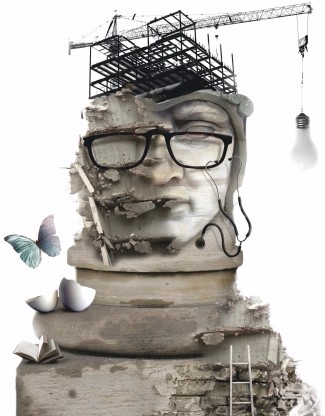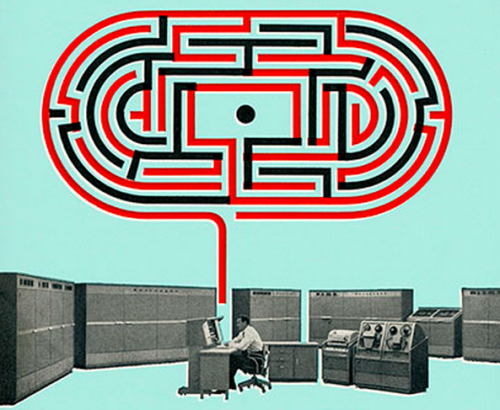We Are Hopelessly Hooked
A review and discussion of four new books, which all tackle the distractions and addictions of digital technologies. Some of the best designers in the world are working on getting us ever more addicted to their particular products:
“Tech companies are engaged in “a race to the bottom of the brain stem,” in which rewards go not to those that help us spend our time wisely, but to those that keep us mindlessly pulling the lever at the casino.“
I see the effects in my students and myself, but in spite of this I often find that I’m dragged into it. One design challenge that I’ve posed to a few students in the past, and which I’ll revive alongside readings from this article will be to design a deliberately slow and reflective social network.
Microsoft’s Radical Bet On A New Type Of Design Thinking
On designing for underserved groups of people (aka inclusive or universal design), and how it could potentially deliver better products for all of us. The title might be a tad off (is it design thinking? if so, it is in a very broad sense of the word), but it is interesting to see how this mindset might affect a huge entity like Microsoft.
There is no such thing as a normal human, our capabilities are always changing. The hope is that in seeking out new people to include in the design process, we can smooth away the gaps that bedevil our digital lives.
Building a Bridge Between Engineering and the Humanities
A proposal for new models of education, research, and practice, in which the lines between STEM (Science, Technology, Engineering and Maths) are deliberately blurred with those of the humanities:
Boosting enrollments in STEM is not enough. An educational system that merges humanities and sciences, creating whole-brain engineers and scientifically inspired humanists, fosters more than just innovation. It yields more-flexible individuals who adapt to unanticipated changes as the world evolves unpredictably.
 While the piece is written in a North American context, this line of thinking is equally relevant in the Scandinavian context in which I work. I see way too many trenches being dug between the disciplines at the moment, rather than bridges built, in the public discourse. As frustrating as this is, I am equally thrilled to see many of the things that actually unfold in practice, both at the university and beyond, to move past these divisions and explore how new blends of mindsets, skillsets, and toolsets can help us better understand and shape the world.
While the piece is written in a North American context, this line of thinking is equally relevant in the Scandinavian context in which I work. I see way too many trenches being dug between the disciplines at the moment, rather than bridges built, in the public discourse. As frustrating as this is, I am equally thrilled to see many of the things that actually unfold in practice, both at the university and beyond, to move past these divisions and explore how new blends of mindsets, skillsets, and toolsets can help us better understand and shape the world.

